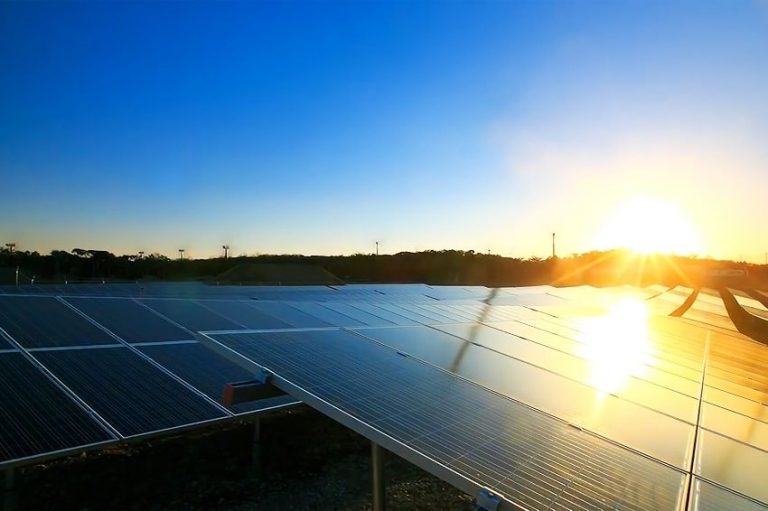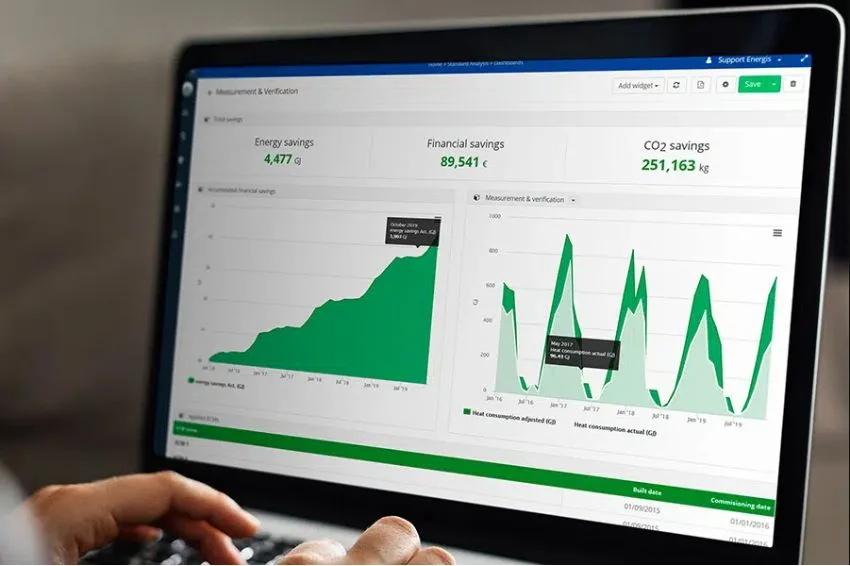The history of humanity is marked by revolutions. For a revolution to be successful, the initiative needs to come from citizens with the aim of solving a common and urgent problem.
In the French Revolution, for example, peasants and the urban population actively participated in the defense of Enlightenment ideals of equality, freedom and fraternity, which triggered profound transformations in the French government with the consolidation of bourgeois economic and political power, putting an end to the way of feudal production and the absolutist power of the king.
A few years ago, Europe began its race to change its main energy matrix. Among the reasons were the danger of nuclear energy production, the high price of electrical energy provided by large utilities, with all profits flowing outside the community, and environmental degradation due to the burning of fuel, among others.
But perhaps the main reason was the difficulty that many people have in paying their energy bills, called energy poverty.
In a scenario with extreme temperatures like the European winter, not being able to pay for the energy needed to heat your home could be the difference between life and death. Another common scene is people stuck in the dilemma of having to choose between heating the house or putting food on the table.
There are many cases of elderly people dying for fear of turning on the heating and not having money to pay the bill. When this happens, it stops being an energy problem and becomes a problem of ambition for large companies. The feeling of revolt begins to spread and the spark to start a revolution is created.
The traditional energy supply system is powered by uranium, gas, oil, coal and hydropower. It distributes your electricity to the high voltage grid and then delivers it to people in their homes.
In this model, people must buy energy and the money leaves the community. Producers are monopolists and electricity is privately owned. The profit from the operation all goes abroad.
But when the community comes together to form a renewable energy project, a virtuous cycle is created in which people do not need to depend on the government, they can work alone and generate their own energy.
They begin to take control of their own future in the face of corporate forces eager for profit to the detriment of their health and even their own lives.
Practically all the actions in favor of solar energy in Europe that initiated change came from ordinary people, from small communities.
At the same time, the opponents they had to fight were not small at all. The power of large electricity distributors and the resistance of governments – which are commonly on the side of large companies – were perhaps the greatest of these.
This fight is not quick, easy or fair, but it needs to be faced. Ten years ago, some people in the UK decided to create green renewable energy cooperatives to help citizens create energy from wind and sun.
In the beginning it was a lonely fight and people laughed at what the cooperatives were doing. Today, cooperatives have 60,000 members who treat energy as public, non-profit property.
The success was so great that it resulted in the creation of the European federation of citizen energy cooperatives called Renewable Energy Sources Cooperatives or RESCOOP, which already has 1,500 energy cooperatives.
The most successful case of energy revolution in Europe is Germany. After the Shernobil incident, civil society began to ask what, as individuals, they could do to escape nuclear energy as quickly as possible.
Since politicians did not act at the top, the population needed to do their part at the bottom. And that's why the first meeting of people interested in escaping nuclear energy took place.
That day, a bold idea was born: taking control of the electrical grid. But how could a small group of citizens fight against an energy provider, which had monopolized the market for almost a hundred years? The group's decision was that the only way was to hold a referendum.
As expected, the reaction was quick, violent and based on fake news using the full power of the propaganda machine. The main argument used to convince the population not to change is that prices would skyrocket. It was a fierce electoral contest, which saw the participation of 90% of the country's voters.
The result was close, but renewable energy won with 52.5% of the votes. After the relief resulting from the victory, the community decided that the only way for this transition to happen would be to buy the electricity grid to be able to decide what to do with renewable energy. To do so, four million marks were needed.
With the help of the largest advertising agencies in the country, the population managed to raise donations. The community took control of the electrical grid and, July 1, 1997. The issue of clean energy is one of the most discussed and the one that presents the most effective solutions in terms of ecology throughout Europe.
Europeans began to direct personal energy in favor of changing electrical energy matrices. And they are succeeding.
Here, a movement of people is beginning to gain strength who recognize the importance of producing energy without burning non-renewable fuels, without further degrading natural resources and – when it comes to Brazil, a necessity and not a cause – cheaper.
Solar energy fills these gaps. It's clean, cheap and belongs to everyone and is in our hands. The movement here also starts from below, it needs to be based on the strength of the union, but it follows different paths. Here we first need to show that, in addition to being necessary, change is possible.
What we really need is to strengthen the idea, the concept of cleaner and cheaper energy. In our favor, we have advances in technology that allow us to have access to increasingly cheaper and more efficient equipment.
For our part, since 2015 we have pursued the objective of disseminating the idea of producing clean and cheaper energy. In addition to setting an example, Aldo Solar presents and brings the best equipment, trains professionals and partners, dealers and installers across the country, helping in the task of making solar energy a people's asset.
We need to get closer to the advances recorded in developed countries in terms of producing clean electrical energy without intervening in nature. Let's follow the good examples and show that despite the challenges, people's energy has the power for change.
The sun's energy belongs to all of us!

















